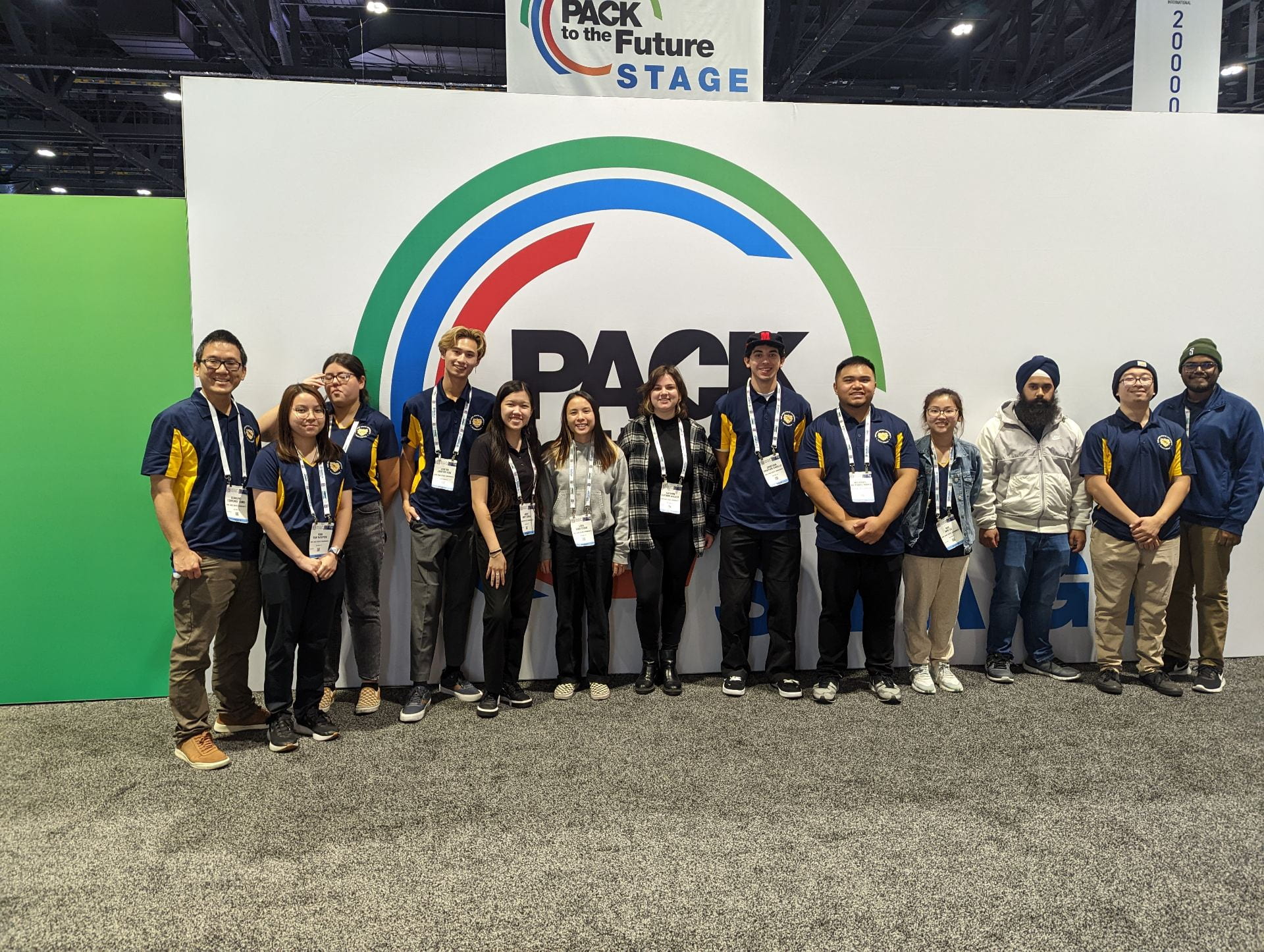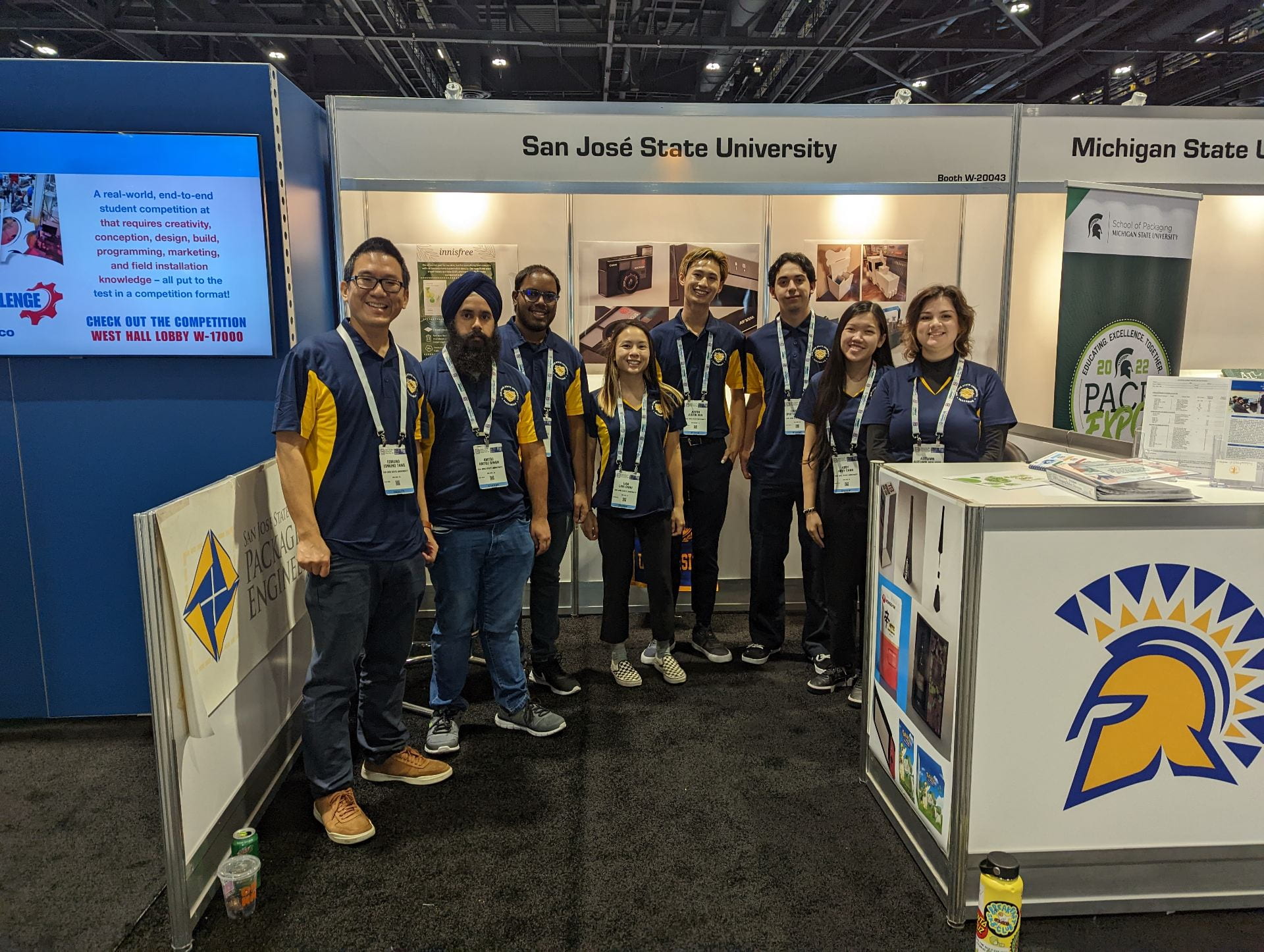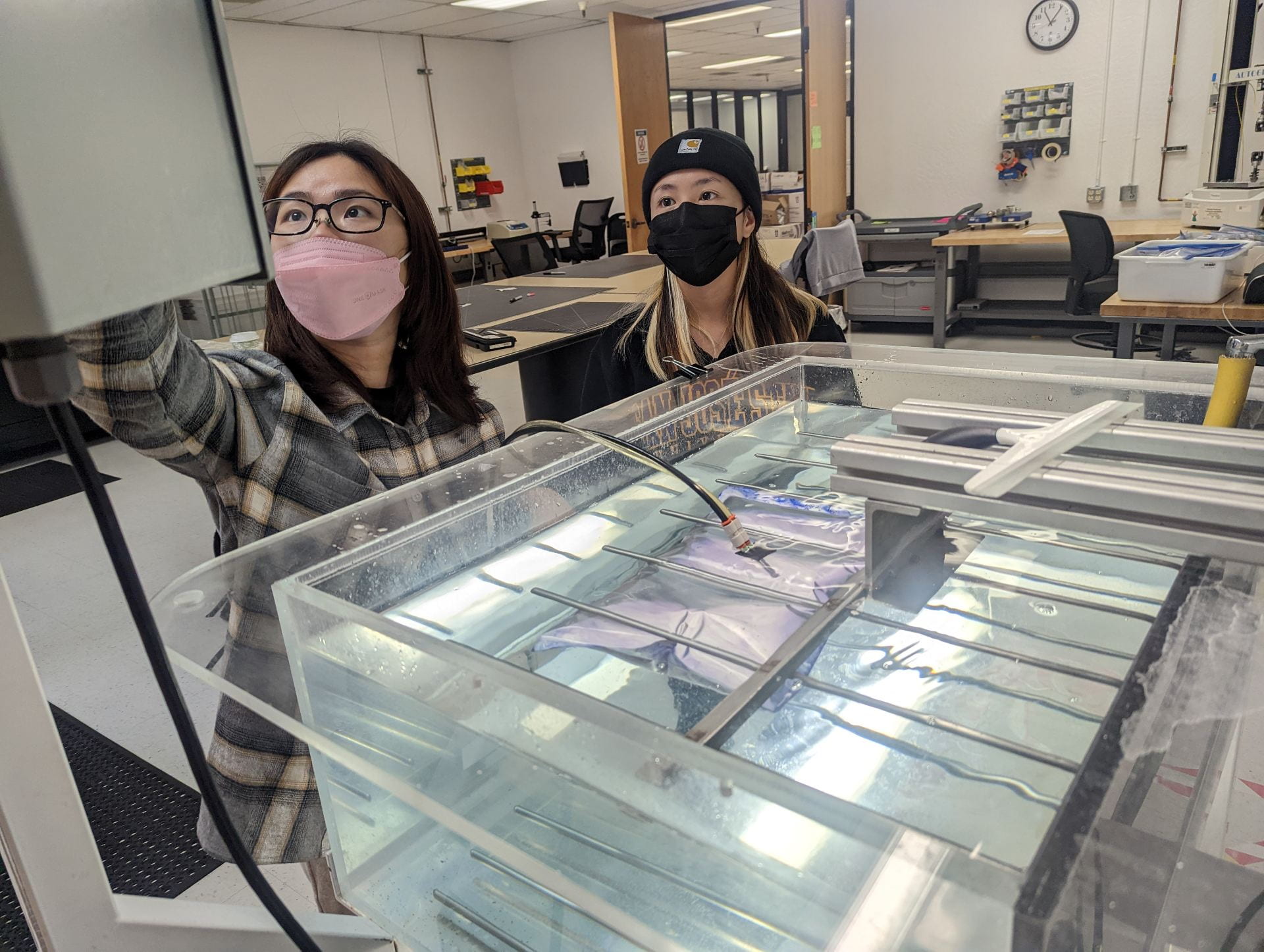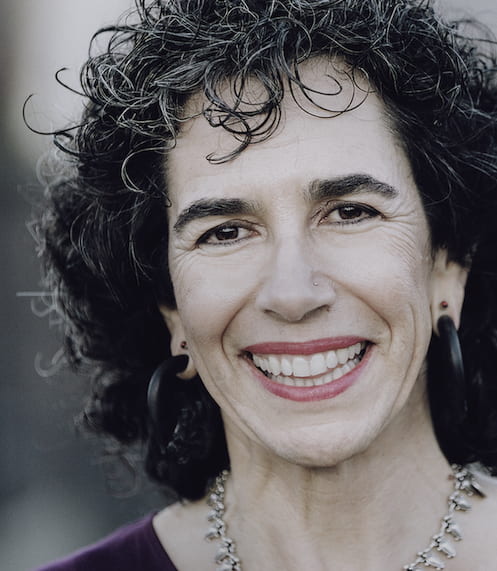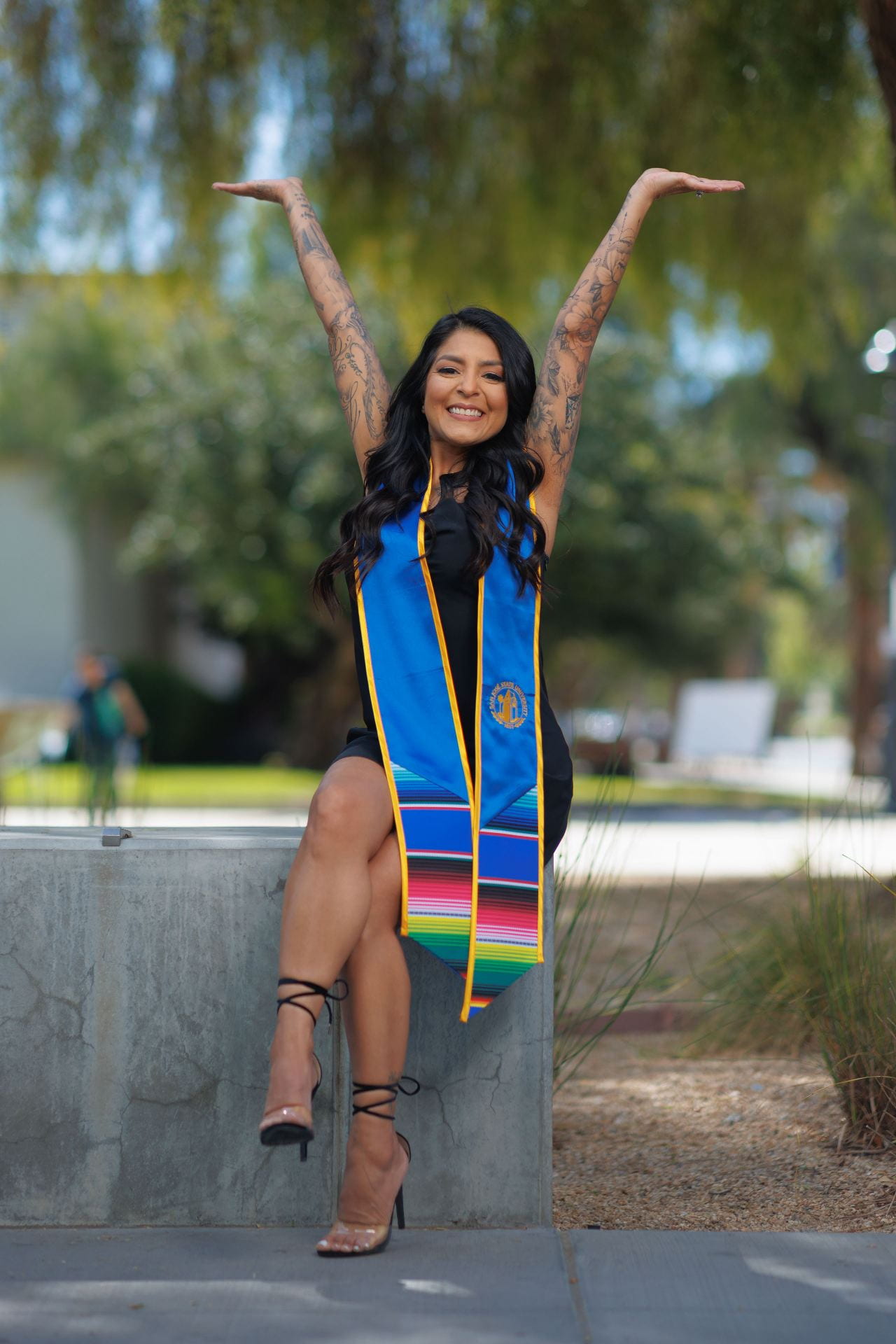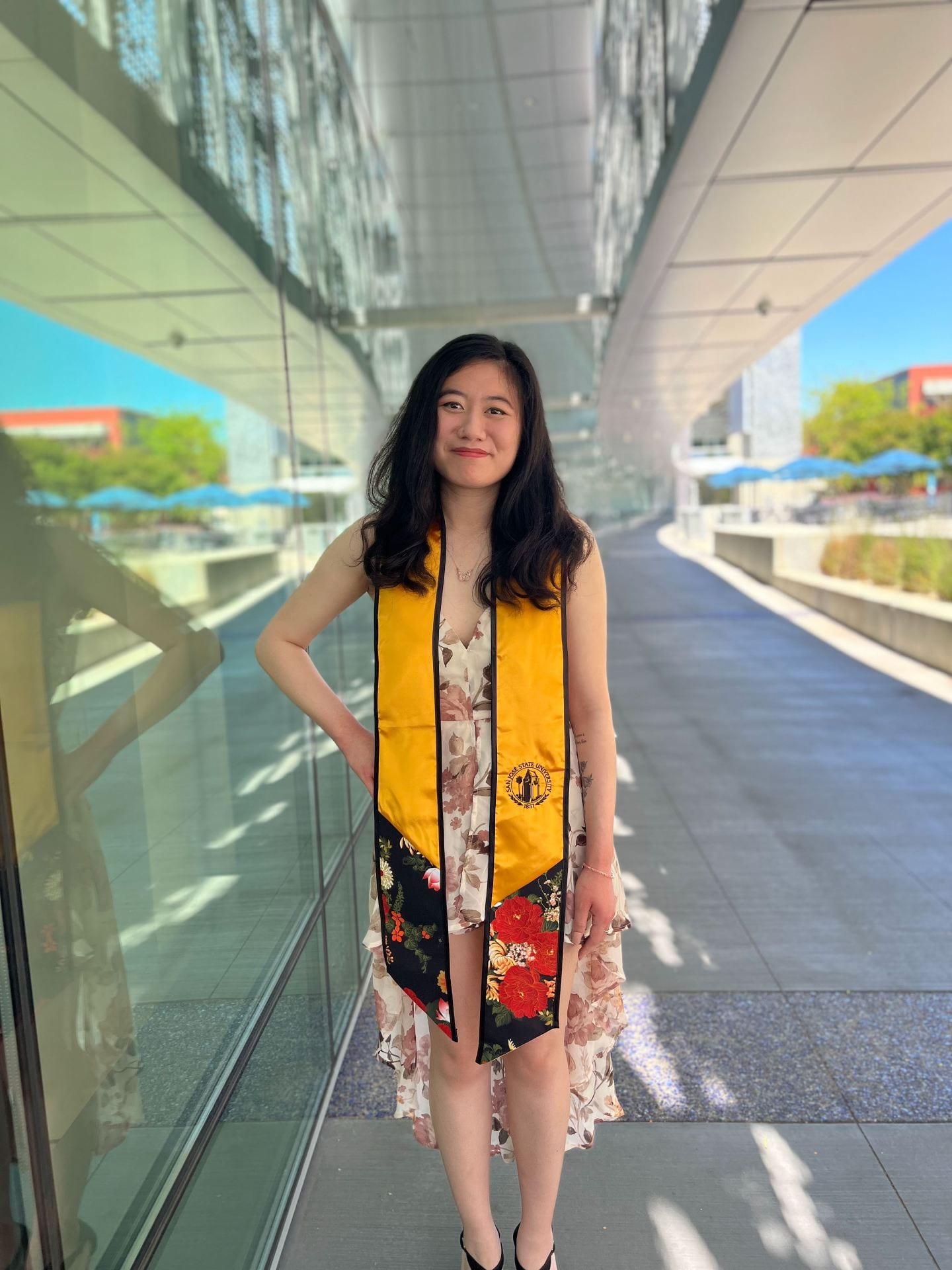By: Andrew Carter
In an increasingly polarizing social, political, and cultural climate—one where debate flashpoints around the validity of evidence, “alternative” facts, and unfounded scientific claims are commonplace—the importance of generating research that is just, empirically-based, and systematic, is more pressing than ever. A key component toward addressing these challenges involves instilling such values in the next generation of researchers. At SJSU, the Undergraduate Research Opportunity Program (UROP) seeks to advance these efforts by engaging undergraduate students in an immersive research mentorship experience early on in their career.
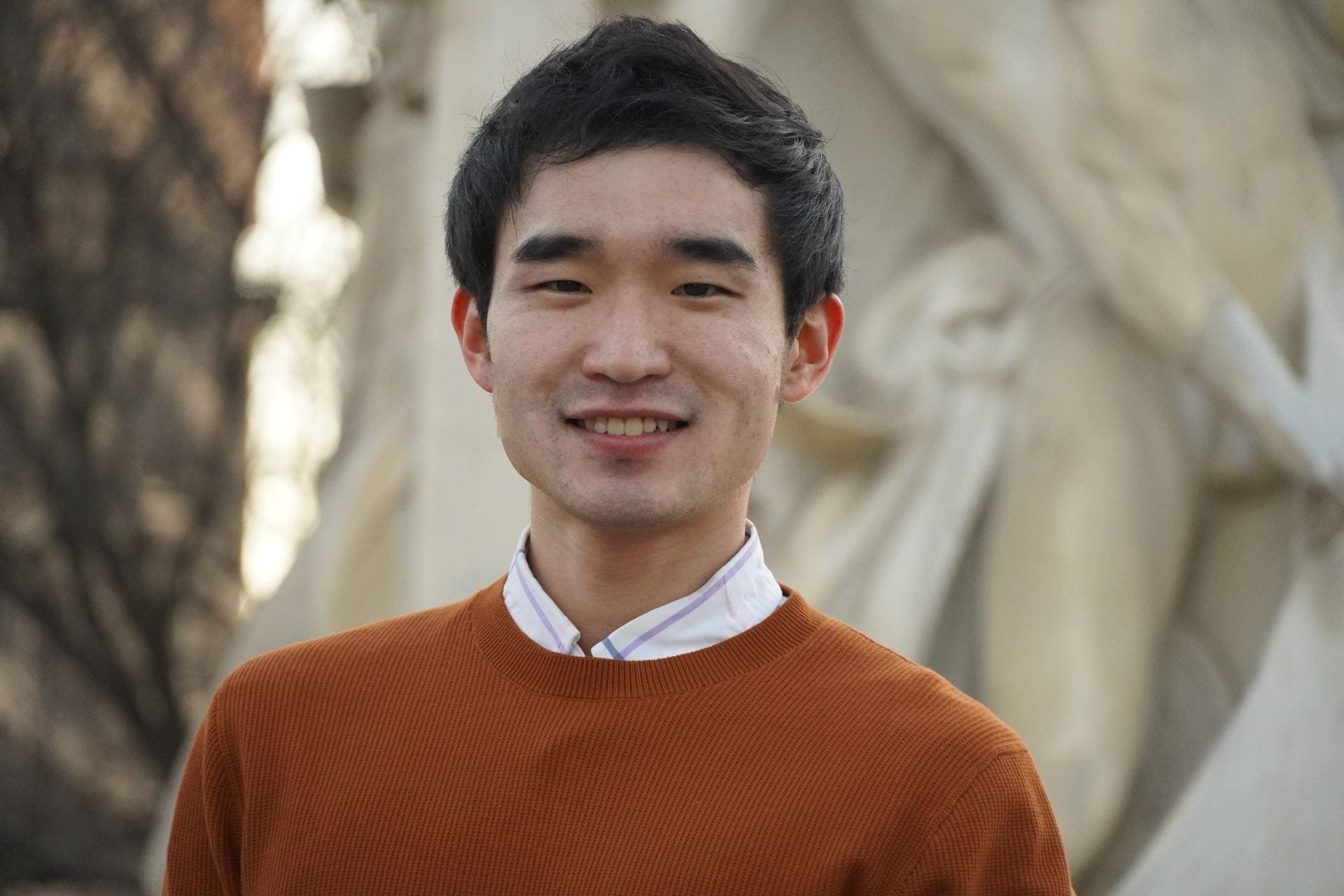 Dr. Charles Park (Department of Public Health and Recreation) is part of a dynamic and talented cohort of faculty mentors in the program who are providing tailored research instruction to undergraduates across campus. As a second year UROP faculty mentor, Dr. Park sees his participation in the program as a way to further his passion for working collaboratively with undergraduates who are still developing their research interests and career trajectories. “To be a good researcher, the earlier the student engages and gets to know the research, the better opportunities [they will have]. I love to help students understand everything about the research process, from the literature review, IRB application, to writing a manuscript, to the publication.”
Dr. Charles Park (Department of Public Health and Recreation) is part of a dynamic and talented cohort of faculty mentors in the program who are providing tailored research instruction to undergraduates across campus. As a second year UROP faculty mentor, Dr. Park sees his participation in the program as a way to further his passion for working collaboratively with undergraduates who are still developing their research interests and career trajectories. “To be a good researcher, the earlier the student engages and gets to know the research, the better opportunities [they will have]. I love to help students understand everything about the research process, from the literature review, IRB application, to writing a manuscript, to the publication.”
Aligning with Dr. Park’s vision, UROP focuses exclusively on first and second year and transfer students to expose them early to the dynamic SJSU research culture and offer multi-level support via individualized faculty partnerships, peer mentoring, and the participation in a cohort model—where they progress through a shared learning experience and engage in community building and social networking. During his time in the program, Dr. Park has witnessed the value of this model firsthand, and recognizes the unique assets that this student population comes equipped with when it comes to research. “They are really motivated to learn new things. I see the attitude and mindset that is open to anything from the undergraduate students. They have really great potential to become great researchers in the future.”
Dr. Park is currently working with two students. One student is a freshman and a Biology major and the other a junior who just transferred to SJSU and is majoring in Public Health and Recreation. They are working on a project exploring the differences in perceptions of mental health among Korean immigrants living in the Bay Area. We are curious if there is a difference in these mental health perceptions based upon changes in legal status (e.g., student, H1 working visa, permanent working status). Both students, who are from first-generation immigrant families, share a personal interest in the research and are able to draw on their individual experiences as they work collaboratively during the academic year; specific tasks they will undertake include writing a literature review, submitting a human subjects protocol to the Institutional Research Board (IRB), completing a human subjects research [CITI] training, interviewing participants, transcribing and analyzing data, and preparing an abstract based on the project findings for an academic public health conference.
Overall, Dr. Park sees UROP as a way for SJSU students to get a head start on professional development and gain exposure to the myriad career options available to them. “UROP provides a wonderful opportunity for students to develop their preparation for their future career. For example, help them to write their CV, how to communicate with faculty effectively, and have a good interview. All of these processes are really unique for undergraduate students who are engaging in UROP.”
UROP is supported by the Office of Diversity, Equity, and Inclusion and housed in the Lurie College of Education, and directed by faculty in the College of Health and Human Sciences. For faculty and students interested in UROP, open enrollment will begin Spring 2023. If you have any questions about the program or would like additional information, please contact Dr. Andrew Carter at andrew.carter@sjsu.edu.
